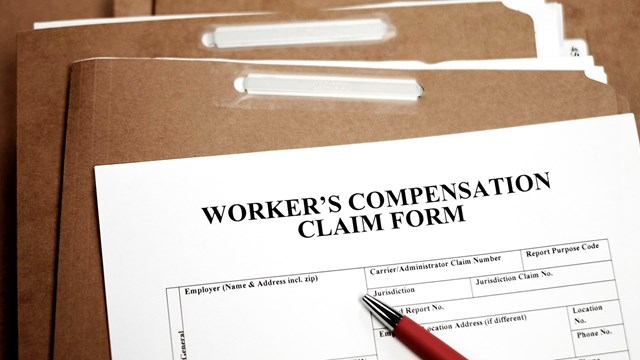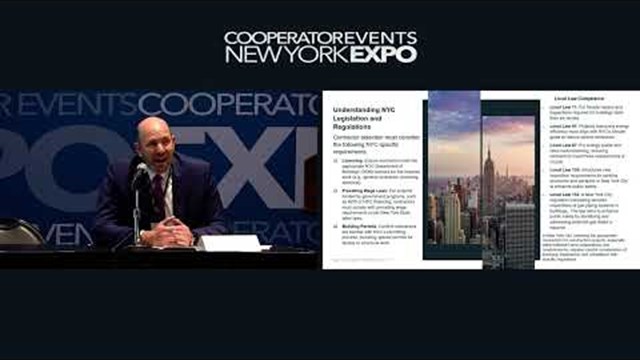
Even with proper risk management best practices, it’s impossible to completely avoid all types of insurance claims from happening. At heart, a claim is like any other business dealing—a negotiation. Your ability to convincingly argue your position and support it with solid, factual-based evidence can often sway the outcome in your favor. With that said, it is no secret that condominium association property claims can be complex and confusing.
Condominium Governing Documents
Most claim coverage determinations are based on the intent of the “Condominium Governing Documents,” such as the bylaws and the master deed. In most cases, these documents define and determine what is covered by the association’s master property policy vs. the unit owner’s individual property policy (usually an HO-6 policy) in an individual unit.
An HO-6 policy covers the unit owners’ personal contents, additional living expenses, and any additions or alterations to the unit. The association’s master property policy is intended to cover the association property as defined in the governing documents and common areas of the building.
Governing documents range across different associations and the interpretation of these documents can be complex and challenging. Some definitions in the documents are clear, and state that the association is responsible for original specs, such as interior walls, original floors and cabinets. This means that the damaged property must be original when purchase with no upgrades by the unit owner to trigger coverage by the master policy. It’s important for the property manager to view any damaged units to determine if the damages were to original specs per the sales agreement.
Every property manager should be knowledgeable of the intent of the documents in order to “set the tone” of a claim, and guide the adjustor on the same. If a property manager is uncertain of the insurance coverage intent for damages in the documents, it is prudent to consult with either the attorney who drafted the documents or the association board attorney to clarify the intent of same. The interpretation of the coverage afforded could defeat a large claim under the association’s master property policy and be able to tender it to the unit owner.
Deductibles
Deductibles vary in each policy. If multiple units are damaged from one loss, the property manager may elect to prorate the deductible payment to each unit owner based on the amount of damage to each unit. This is often done from association funds. It is the individual association’s financial responsibility to do this via their internal procedures, as the insurance adjustor is not involved. If the claim exceeds the deductible, the association is still required to make the unit owner/owners financially whole after the Insurance proceeds have been disbursed. Some documents may contain a “Deductible Resolution” which may state that the unit owner is responsible for the deductible, regardless of cause of damage. It is up to the property manager to convey this to the affected unit owners if there is a deductible resolution, as the unit owners would be responsible for paying for repairs up to the stated policy deductible.
Claims Reporting
Property managers should report all claims to their insurance broker to ensure that appropriate investigation by adjustors can be initiated and conducted. The property managers should also advise all affected unit owners to report their claims to their respective HO-6 carriers.
Very often, claims are not reported to the insurance broker, as the property manager feels that the damages are the unit owner’s responsibility, or that the cause of damage was the unit owner’s fault, (i.e. clogged toilets, overflowing sinks or negligent maintenance of visible piping or valves, etc.) This is a popular misconception on property claims. Maintenance responsibility by the unit owners as defined in the governing documents should not be confused with which party is liable for damaged property.
To ensure that a claim is handled properly, it is important for property managers to know the intent of the association’s governing documents, to report the claim promptly, and to work with adjustors in assessing damages to finalize and approve repair costs.
Your insurance broker should assist you in developing your claim, presenting it and negotiating a settlement. In the event a coverage dispute arises, your insurance broker should serve as your advocate in an effort to resolve the dispute favorably. n
Alex M. Seaman is a senior vice president of HUB International Northeast, a leading global insurance brokerage serving the real estate industry for over 60 years. Call him at 516-677-4708 or at alex.seaman@hubinternational.com.









2 Comments
Leave a Comment